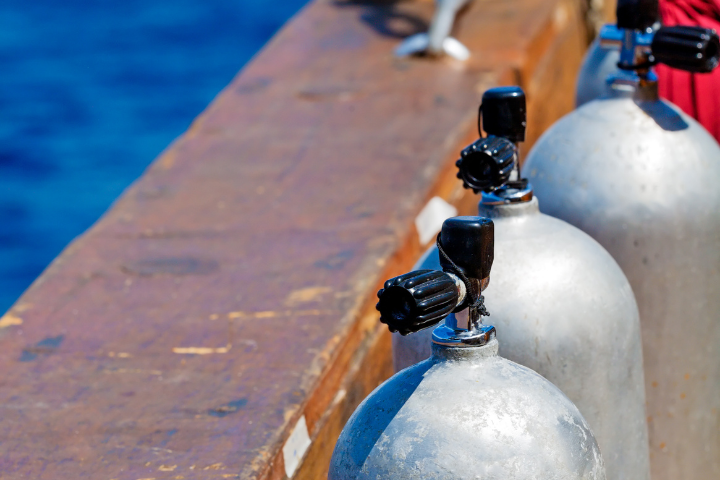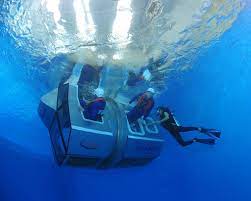OPITO Scotland
SPECIAL OFFER: 50% off selected OPITO courses
Stream Marine Training are now offering courses within the energy sector.
OPITO stands for the Offshore Petroleum Industry Training Organisation. The organisation are the global skills body for the energy industry. Working with governments, training providers, oil companies and operators, OPITO provides support and development opportunities to the industry.
SMT are an OPITO approved training centre. If you work offshore, see below our list of OPITO approved courses:

1 day

3 days

1.5 days

4 days

1.5 days








